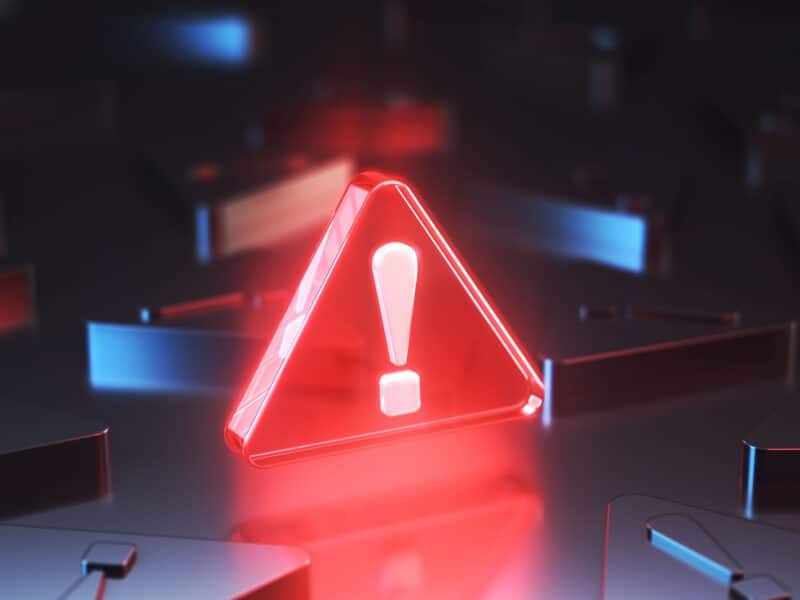A mock plan is crucial for preparedness, whether for a business function or a food safety emergency. Consider it a practice run for potential problems. But what does that look like, and why is it important?
Understanding the Importance of a Mock Plan
Imagine your organization faces an IT outage, a natural disaster, or a product recall. A well-rehearsed response is crucial. This is where a mock plan, also known as a tabletop or simulation exercise, helps.
It simulates various situations, finding weaknesses in existing plans. This solidifies response procedures before they’re needed in a real crisis.
The Benefits of Regular Mock Plans
Organizations using regular mock plan exercises experience multiple benefits. These exercises highlight areas needing improvement in the business continuity plan. They pinpoint potential issues before they become serious problems during an actual event.
They are invaluable for evaluating communication protocols during crises. They also allow stakeholders to experience decision-making under pressure.
This lets the company analyze responses and ensure a team strategy. Essentially, mock plan exercises are invaluable training. They improve response times and communication, creating team cohesion and improving crisis readiness.
This lessens potential losses, ensuring stability and a strong reputation, especially during unexpected crises.
Who Needs a Mock Plan?
The short answer? Most organizations. If your organization relies on smooth operations and fears disruptions, you need a mock plan. This applies to disruptions from internal factors like IT failures and external ones like natural disasters.
Even small firms, especially those in industries with strict regulations, should consider yearly mock recalls. Guidance from the Oregon Department of Agriculture emphasizes this need for small firms in the food industry.
Key Elements of a Successful Mock Plan
Define Your Objectives:
Identify your goals for the mock plan. Are you testing IT infrastructure or your team’s response to a cybersecurity incident? This defines the scope and measures success.
Design Realistic Scenarios
Based on your organization, industry risks, and past experiences, create realistic scenarios. For example, a food company might use its products and distribution channels to simulate a recall.
Assemble Your Team
Create a diverse team from different departments. This provides a complete assessment and ensures everyone understands their roles during a real event.
Execute, Evaluate, and Refine
Run the exercise, noting observations, challenges, and feedback. Afterward, debrief as a team.
Analyze the successes, pinpoint areas for improvement, and refine the crisis management plan based on these insights.
Real-world Applications of Mock Plans
Real-world examples demonstrate the importance of effective mock plans. For example, students in Portsmouth participated in a disaster simulation.
This covered incidents from fires to floods, providing crucial experience and boosting preparedness. At Augusta, GA Regional Airport, Global Emergency Resources spearheaded a large-scale airport disaster drill.
These mock plans prove that preparation is crucial for mitigating damage from unexpected events. Investing in realistic training equips teams to manage chaos effectively.
Conclusion
Mock plan exercises are critical for risk management. They give organizations the foresight and skills to react decisively during critical moments. A mock plan’s value goes beyond theory, offering practical insight into the effectiveness of protocols.
Regular mock plans are like an insurance policy. They showcase a commitment to safety, resilience, and preparedness for future challenges.
FAQs About Mock Plans
What is a Mock Lesson Plan?
A mock lesson plan is similar in concept to a business plan but serves a different purpose. Used in education, it lets future educators deliver a lesson in a controlled environment before teaching students. This usually involves peers or mentors.
What is a Mock-up Plan?
A mock-up plan is a visual representation of a concept or design. In architecture or product design, this might be a scaled-down physical model. This helps stakeholders visualize the project. Web designers use mock-ups to provide a visual preview of a website’s layout.
What Does a Mock Schedule Mean?
This is a practice schedule used to test feasibility before implementation. This could occur during project planning, event management, or academic calendar creation. It identifies scheduling conflicts without risk.
What is a Mock-up in Teaching?
This is similar to a “mock lesson plan” but can include other simulation-based teaching. Besides a mock lesson, teachers might use mock-ups for skills that benefit from hands-on experience.
Conclusion
Mock plans signify a proactive approach to preparedness. This is true regardless of the scenario they replicate. Whether running a hypothetical product recall, simulating a cyberattack, or crafting a disaster response plan, the goal is to identify vulnerabilities.
From students in disaster simulations to airport authorities enacting drills, the message is clear: preparation is not luck, but effort and simulated experiences. A mock plan is a safe space to fail, adapt, and refine approaches. This ensures a more resilient response when it matters most.
Want to work with us or learn more about Business Continuity?
- Our proprietary Resiliency Diagnosis process is the perfect way to advance your business continuity program. Our thorough standards-based review culminates in a full report, maturity model scoring, and a clear set of recommendations for improvement.
- Our Business Continuity and Crisis Management services help you rapidly grow and mature your program to ensure your organization is prepared for the storms that lie ahead.
- Our Ultimate Guide to Business Continuity contains everything you need to know about Business Continuity while our Ultimate Guide to Crisis Management contains the same for Crisis Management.
- Learn about our Free Resources, including articles, a resource library, white papers, reports, free introductory courses, webinars, and more.
- Set up an initial call with us to chat further about how we might be able to work together.


 How BCM IT Enhances Business Continuity and Risk Management
How BCM IT Enhances Business Continuity and Risk Management